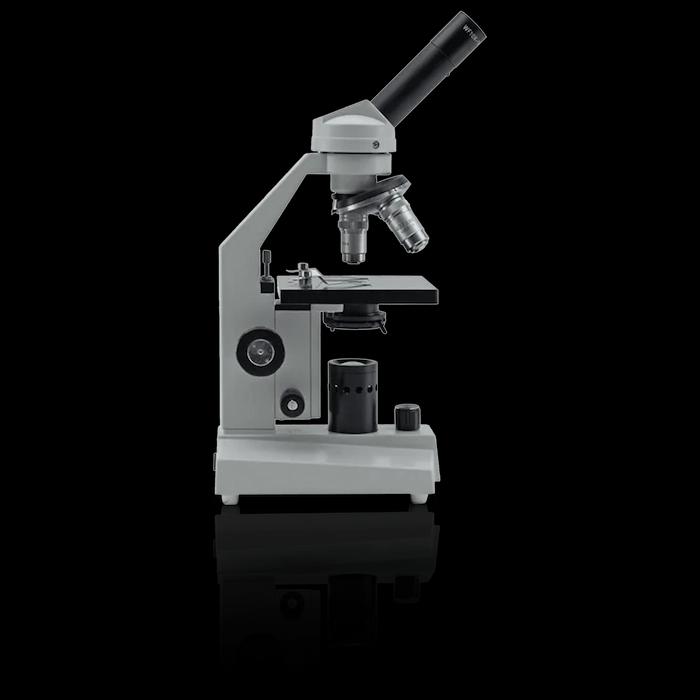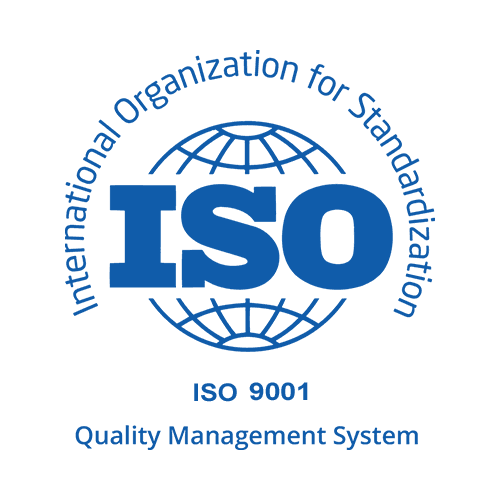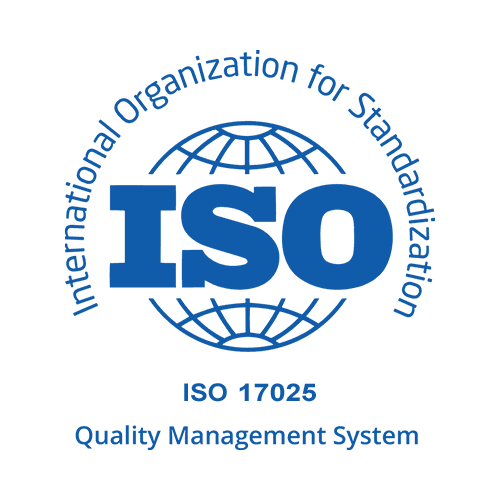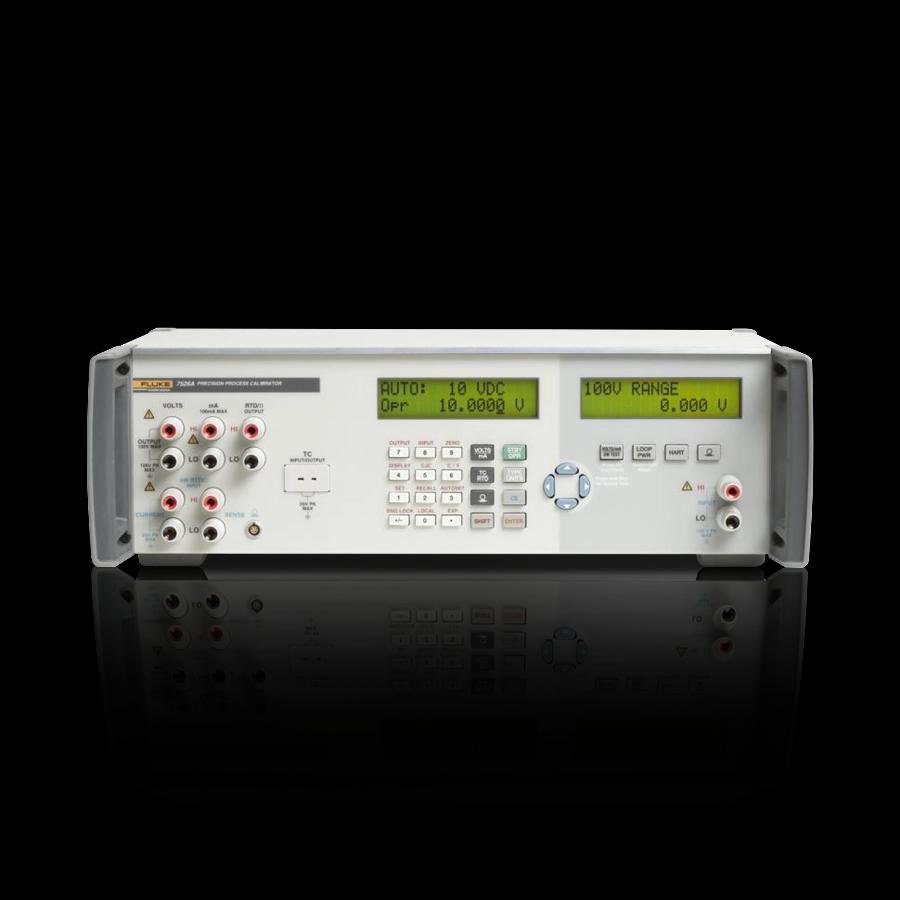Metal detector calibration is important in Australia to ensure that the equipment is functioning correctly and accurately detecting metal objects. Proper calibration helps to ensure the safety of consumers and the quality of products in various industries such as food and pharmaceuticals.
Procedures for calibrating metal detectors typically include adjusting the sensitivity and testing the equipment using standard metal test pieces of known size and composition. Standards for metal detector calibration in Australia are set by organizations such as the National Measurement Institute (NMI) and the Australian Quarantine and Inspection Service (AQIS).
Certification of metal detector calibration is often required by regulatory bodies and industry standards. The NMI provides certification for metal detector calibration, and AQIS also has specific requirements for metal detector calibration in the food and agriculture industries.
In summary, metal detector calibration is important in Australia to ensure the accurate and proper functioning of the equipment, and to meet the standards and requirements set by various regulatory bodies and industry organizations.
Microscope calibration is important in Australia to ensure that the equipment is functioning correctly and providing accurate and precise measurements. Proper calibration helps to ensure the accuracy of research and the quality of products in various industries such as manufacturing, biology, and medicine.
Procedures for calibrating a microscope typically include adjusting the focus, measuring the resolution, and testing the equipment using standard test samples of known size. Standards for microscope calibration in Australia are set by organizations such as the National Measurement Institute (NMI) and Standards Australia.
Certification of microscope calibration is often required by regulatory bodies and industry standards. The NMI provides certification for microscope calibration, and Standards Australia also has specific requirements for microscope calibration in certain industries.
In summary, microscope calibration is important in Australia to ensure the accurate and proper functioning of the equipment, and to meet the standards and requirements set by various regulatory bodies and industry organizations. It is critical to ensure the reliability and accuracy of the measurements and to make sure that the equipment is providing reliable results.
A texture analyzer is a type of testing equipment that is used to measure the mechanical properties of materials such as hardness, stiffness, and elasticity. These properties can be used to evaluate the quality and performance of various products such as food, cosmetics, and pharmaceuticals.
Texture analyzers are used in a variety of industries such as food and beverage, cosmetics, pharmaceuticals, packaging, and plastics. They are used to evaluate the texture, consistency, and structural integrity of products, and to ensure that they meet industry standards and regulations.
The importance of texture analyzer calibration in Australia is to ensure that the equipment is providing accurate and precise measurements. Proper calibration helps to ensure the quality of products and to meet the standards and requirements set by various regulatory bodies and industry organizations.
Procedures for calibrating a texture analyzer typically include adjusting the force and testing the equipment using standard test samples of known properties. Standards for texture analyzer calibration in Australia are set by organizations such as the National Measurement Institute (NMI) and Standards Australia.
Certification of texture analyzer calibration is often required by regulatory bodies and industry standards. The NMI provides certification for texture analyzer calibration, and Standards Australia also has specific requirements for texture analyzer calibration in certain industries.
In summary, texture analyzer calibration is important in Australia to ensure the accurate and proper functioning of the equipment, and to meet the standards and requirements set by various regulatory bodies and industry organizations. It is critical to ensure that the equipment is providing reliable results to ensure the quality of products and to comply with regulations.
A magnet is a device that generates a magnetic field and can attract or repel certain materials, such as iron or nickel. Magnets can be permanent or temporary and can come in various shapes and sizes.
Magnets are used in a wide range of industries, such as manufacturing, electronics, transportation, and healthcare. They are used in products such as motors, generators, speakers, compasses, and MRI machines.
The importance of magnet calibration in Australia is to ensure that the magnetic field generated by the magnet is within the specified range of accuracy, and that it is consistent over time. Proper calibration helps to ensure the performance and safety of products and equipment that use magnets, and to meet the standards and requirements set by various regulatory bodies and industry organizations.
Procedures for calibrating a magnet typically include measuring the strength of the magnetic field using a gaussmeter and comparing it to a standard. Standards for magnet calibration in Australia are set by organizations such as the National Measurement Institute (NMI) and Standards Australia.
Certification of magnet calibration is often required by regulatory bodies and industry standards. The NMI provides certification for magnet calibration, and Standards Australia also has specific requirements for magnet calibration in certain industries.
In summary, magnet calibration is important in Australia to ensure the accurate and proper functioning of the magnet, and to meet the standards and requirements set by various regulatory bodies and industry organizations. It is critical to ensure that the magnetic field generated by the magnet is within the specified range of accuracy to ensure the performance and safety of products and equipment that use magnets.
A spectrophotometer, also known as a spectrometer or SpectraAnalyser, is a type of analytical instrument that measures the intensity of light as a function of its wavelength. Spectrophotometers are used to measure the absorption, transmission, or reflection of light by a sample, and can be used to determine the composition of a substance.
Spectrophotometers are used in a variety of industries such as chemistry, biochemistry, pharmaceuticals, food and beverages, environmental, and materials sciences. They are used to measure the concentration of a substance in a solution, identify unknown compounds, and monitor chemical reactions, among other applications.
Procedures for calibrating a SpectraAnalyser typically include adjusting the wavelength, measuring the intensity, and testing the instrument using standard test samples of known properties. Standards for SpectraAnalyser calibration in Australia are set by organizations such as the National Measurement Institute (NMI) and Standards Australia.
Procedures for calibrating a magnet typically include measuring the strength of the magnetic field using a gaussmeter and comparing it to a standard. Standards for magnet calibration in Australia are set by organizations such as the National Measurement Institute (NMI) and Standards Australia.
Certification of SpectraAnalyser calibration is often required by regulatory bodies and industry standards. The NMI provides certification for SpectraAnalyser calibration, and Standards Australia also has specific requirements for SpectraAnalyser calibration in certain industries.
In summary, SpectraAnalyser calibration is important in Australia to ensure the accurate and proper functioning of the instrument, and to meet the standards and requirements set by various regulatory bodies and industry organizations. It is critical to ensure that the instrument is providing reliable results to ensure the quality of products and the accuracy of research.




